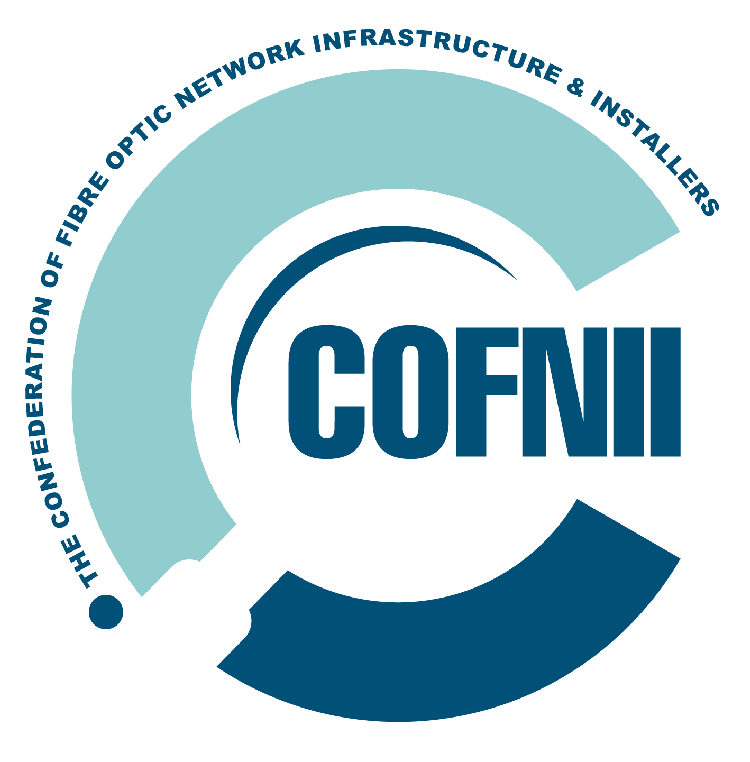Welcome to The Confederation Of Fibre Optic Network Infrastructure & Installers
We are committed to revolutionising the UK telecommunications and IT infrastructure industry. We aim to create a robust, efficient, and future-ready infrastructure that propels the UK’s digital economy forward. Through our unwavering commitment to quality, standardisation, and collaboration, we aim to transform the industry, benefiting operators, installers, and end-users alike. Standardisation ensures high-quality installations and enhances user experience, reliability, and safety.


Standardisation
Standardisation is not a mere choice but an urgent necessity for the fibre telecommunications and IT network infrastructure. In an industry that lacks the regulation seen in others, the role of fibre optic networks, particularly broadband, is paramount. It is the fourth most crucial industry, powering our mobile communications, internet, and social media. The time for standardisation is now, and the urgency of this issue cannot be overstated. Immediate action is needed to address this pressing issue, and we must act now to prevent further harm to our industry and its stakeholders.
IT Network Infrastructure
Standardisation in the IT network infrastructure is not just a theoretical concept, but a practical necessity. It is the lifeline for many businesses, and the lack of standardisation is a pressing issue. We’ve all witnessed the consequences of poorly installed network infrastructure that fails to meet industry standards. The benefits of standardisation in this context are numerous, including improved reliability, enhanced user experience, and increased safety. The existing standards are not the problem; it’s the lack of knowledge and expertise among self-proclaimed installers who, despite their lack of qualifications, claim to be qualified after watching a few videos.
In a system where the lowest price often wins, professional organisations that have invested in the training and education of their workforce are at a disadvantage. The result? Poor-quality installations that don’t meet any standard, leaving the end client with no recourse but to pay again. The financial implications of this cycle are significant and unsustainable, and the impact on the end client is one of frustration and disappointment. This indicates the need for standardisation and regulation in our industry, not just for quality and safety but also for the economic well-being of all involved. We must remember that our actions directly affect the experiences and satisfaction of our end clients.
Consider this: Would you choose someone with no qualifications to install an electrical circuit in your home, knowing it could cause thousands of pounds of damage to your property? The answer is likely no because it would void your property insurance if something happens. This is the same principle that should apply to the installation of network infrastructure in our industry.

Fibre Telecommunication Infrastructure
In fibre telecommunications infrastructure, many countries are racing to install fibre optics on properties, and many providers are engaging with subcontractor organisations to speed up deployments, especially when switching from fibre to cabinet or wireless connections.
However, it has become clear that no standardisation is being used, which has affected many alternative service providers (ALTNET).
The Confederation
Industry experts who run the Confederation of Fibre Network Infrastructure and Installers (COFNII), a collective of professionals from across the IT and telecommunications industry, have called for change and the promotion of standardisation. Their time is voluntary. Why? We are all passionate about it, want to make a change and call for the installer to be regulated like other utilities. Regulation is not just a suggestion; it’s a crucial step towards ensuring quality and safety in our industry. The need for regulation cannot be overstated.
The Membership Application Process

Application

Review

Assessment

